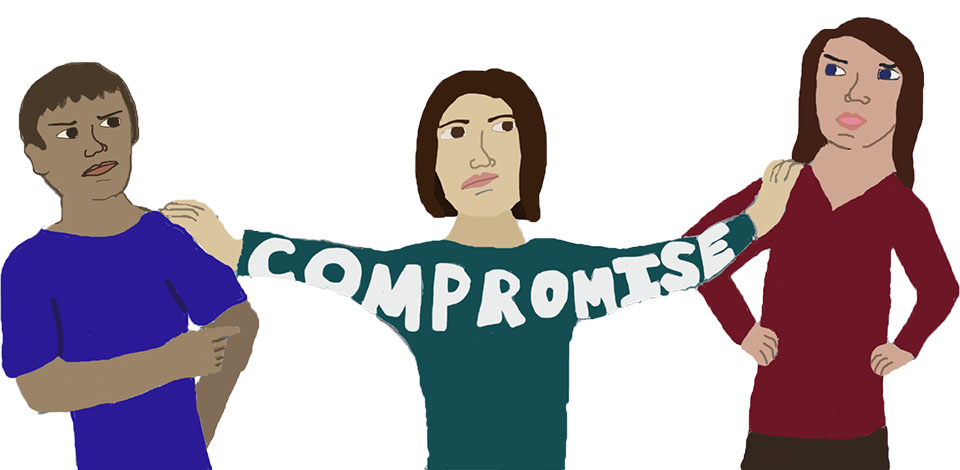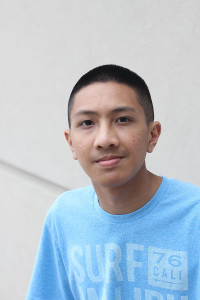
On Aug. 8, 2014, 18-year-old Michael Brown—a resident of Ferguson, Missouri—was shot and killed by police officer Darren Wilson. In November, a grand jury decided not to indict Wilson for Brown’s death, sparking widespread civil protest in Ferguson. In December in New York City, a similar situation occurred when two New York City Police Department officers were not indicted for allegedly intentionally choking store owner Eric Garner to death.
Protesters in both states have accused police officers for brutality and racism, while police sympathizers, such as ex-NYPD officer John Cardillo, have made many criticisms directed at the weaknesses of the protests. Political analysts, politicians and average people alike to this day have not reached a firm agreement or consensus.
“The main obstacle to civil discourse seems to be human emotion. [Certain reactions to the] Eric Garner and Michael Brown cases… [Have] unfortunately stymied meaningful change rooted in logic and reason,” said senior Samuel Leavitt.
Events such as the chaotic Ferguson riots, orchestrated as a form of “protest” against the police for Brown’s death, suggest an all-too-clear conclusion: if we can’t talk about a problem like the police debate as rational, peaceful individuals then the problem will never be solved.
When people disagree on a course of action or the validity of a belief, they champion their own thoughts. In the midst of a matter such as the police debate, this one-track mindset can be deadly, as one side will try to contradict the other and vice versa. Though such a process is part of effective and peaceful debate, more often than not hatred, denouncement and apathy begin to settle in people’s minds.
“Compromise is difficult, but governing a democracy without compromise is impossible,” said political theorists Amy Gutmann and Dennis Thompson in an article from the Harvard Magazine.
To make amends, one must first recognize that there is a sense of validity to any and all sides of an argument. It sounds like a basic idea, but too often people forget that it exists. If we tried to count how many times we argued with a friend, sibling or parent and stormed off assuming the other person was completely wrong, the number of instances would most likely be quite high.
Granted, it is in human nature to be a staunch supporter of one’s beliefs, but this defensiveness must be tempered with humility and a recognition of one’s faults.
“More police productivity has meant far less crime, but at a certain point in time New York [felt like] a police state…the police don’t like it any more than [the protesters] do,” said NYPD officer Steve Osborne in a piece for The New York Times.
Compromise is not a euphemism for surrender or submission; it is a synonym for progress. When we make peace and settle an argument with a verbal or in many cases physical handshake, we are ultimately moving forward.
“If there’s any common ground between [a group of] arguing parties, make it known,” Leavitt said.
Why insist on getting the final word or try to force others to see a certain point of view? Instead of living in the past and wasting time and energy on fighting one another, we could be trying to mend relations and work on solving problems together. At the end of the day, everyone’s opinions are flawed, yet correct in many ways. It is only through cooperation that we can be rid of the flaws.










